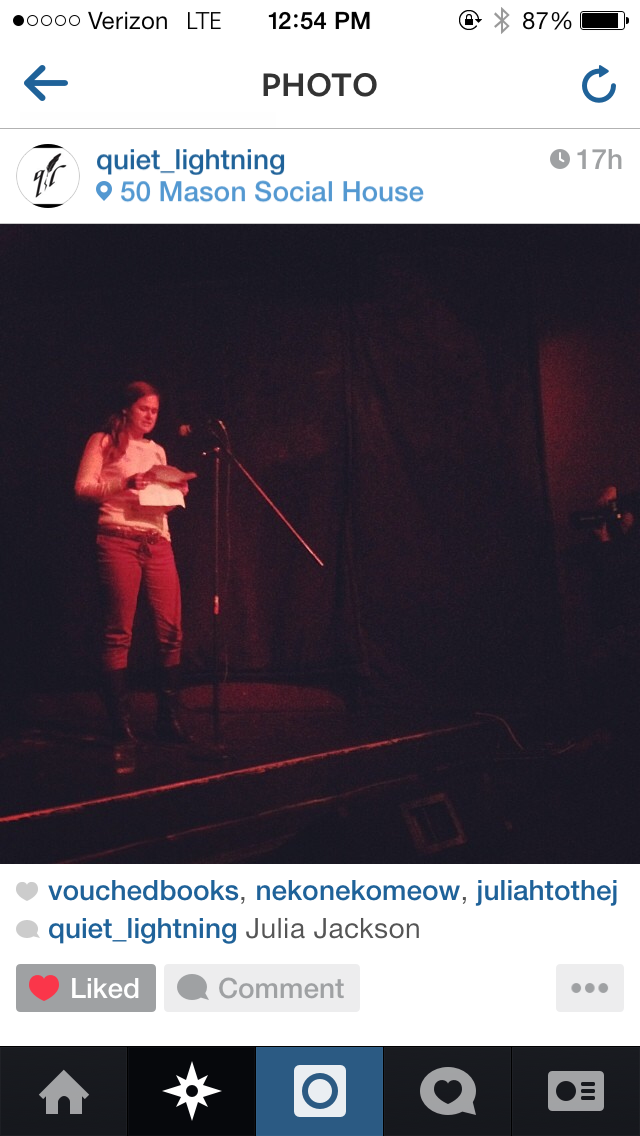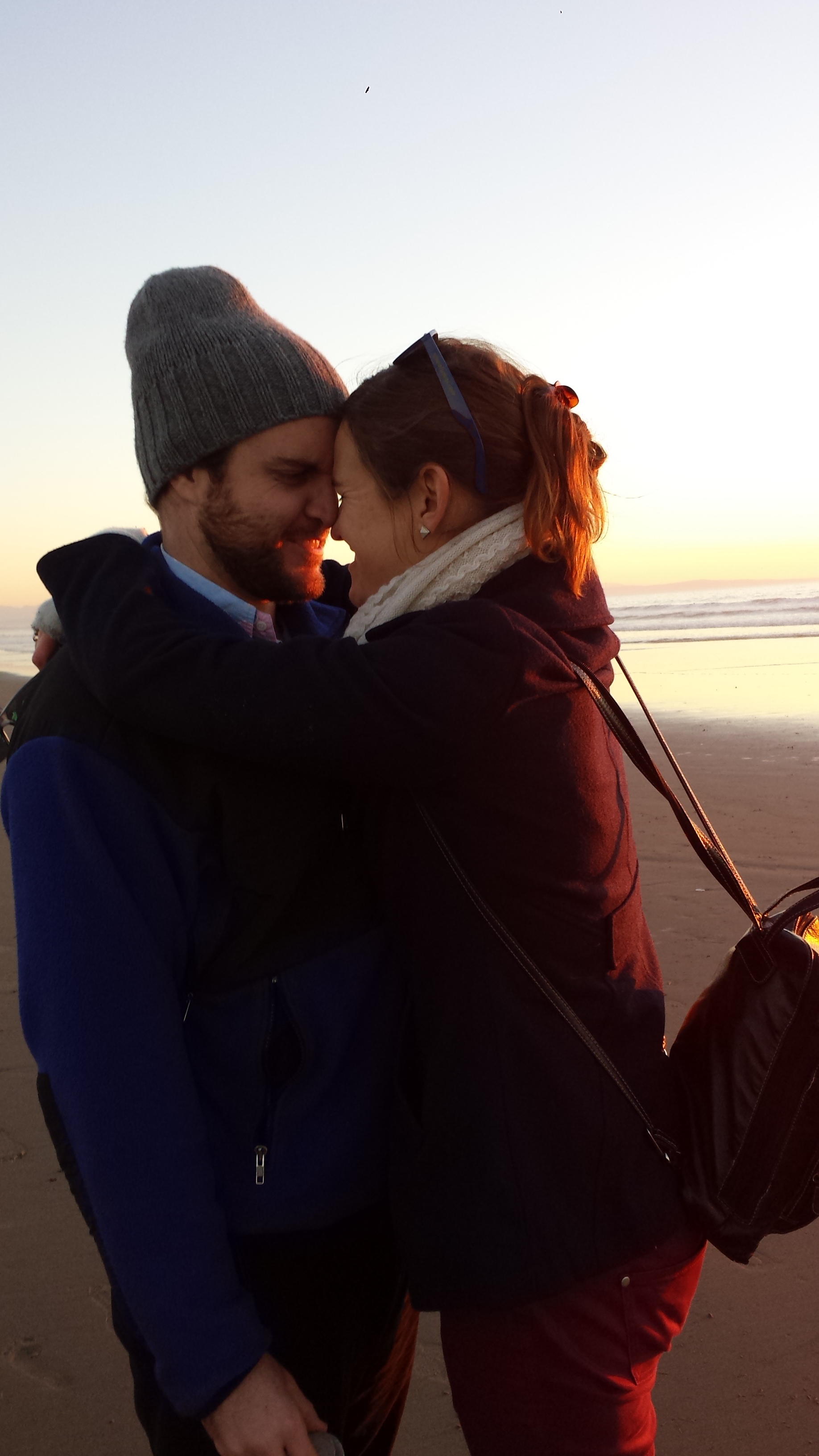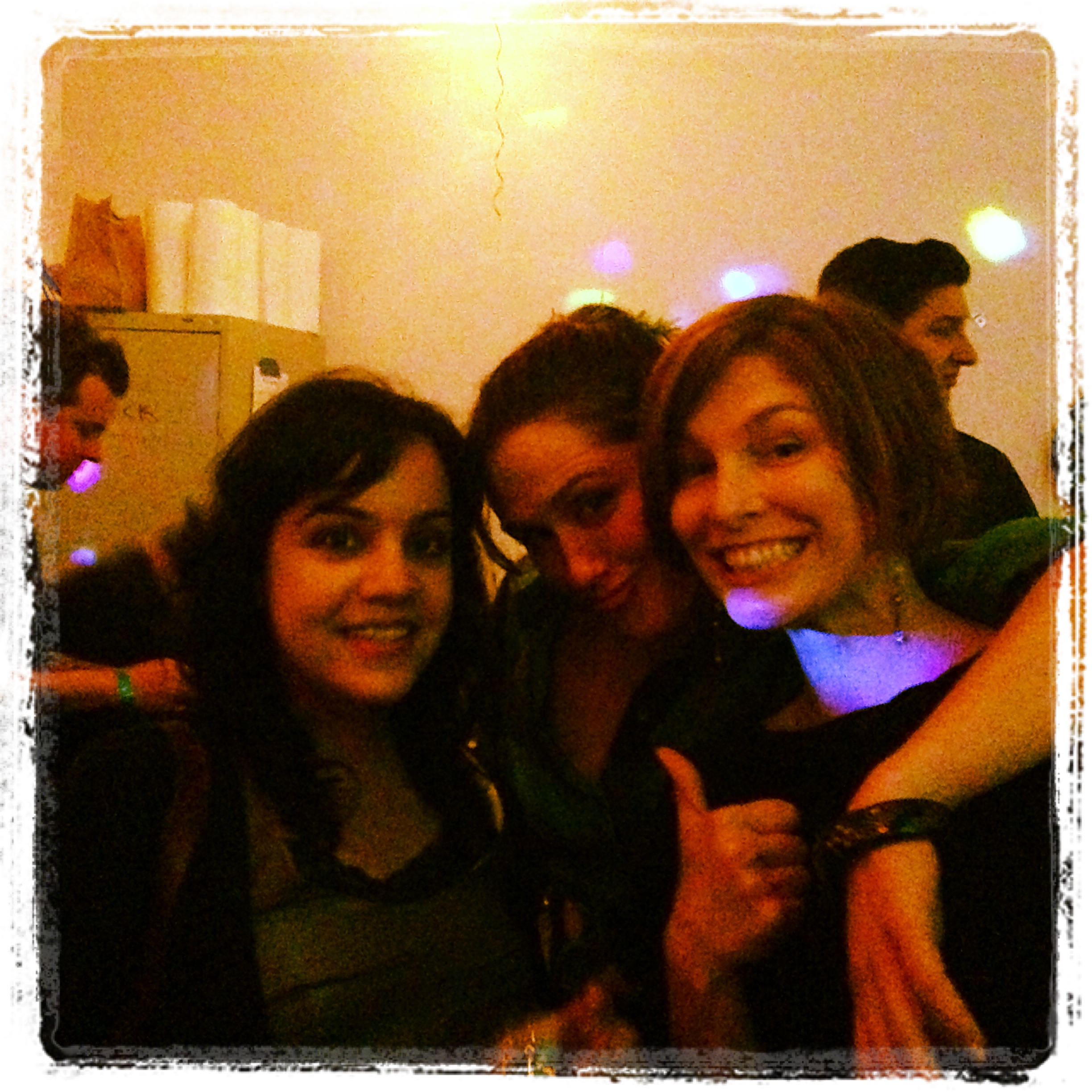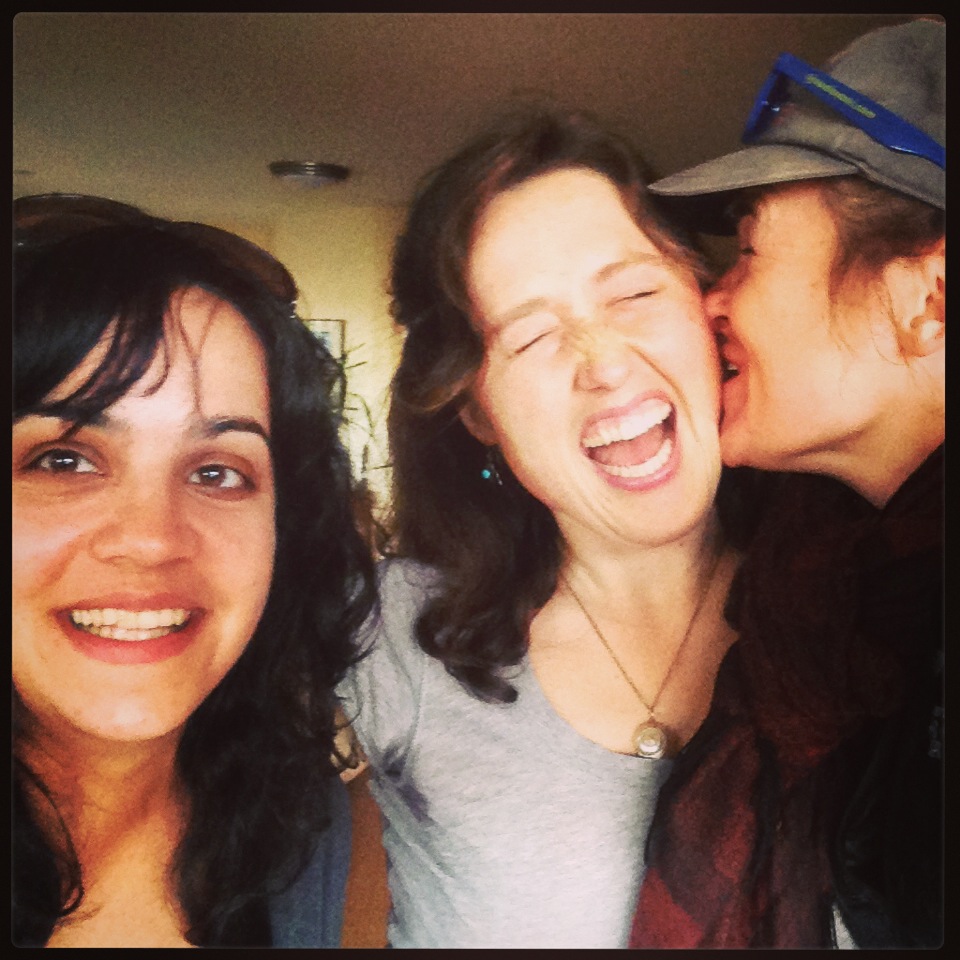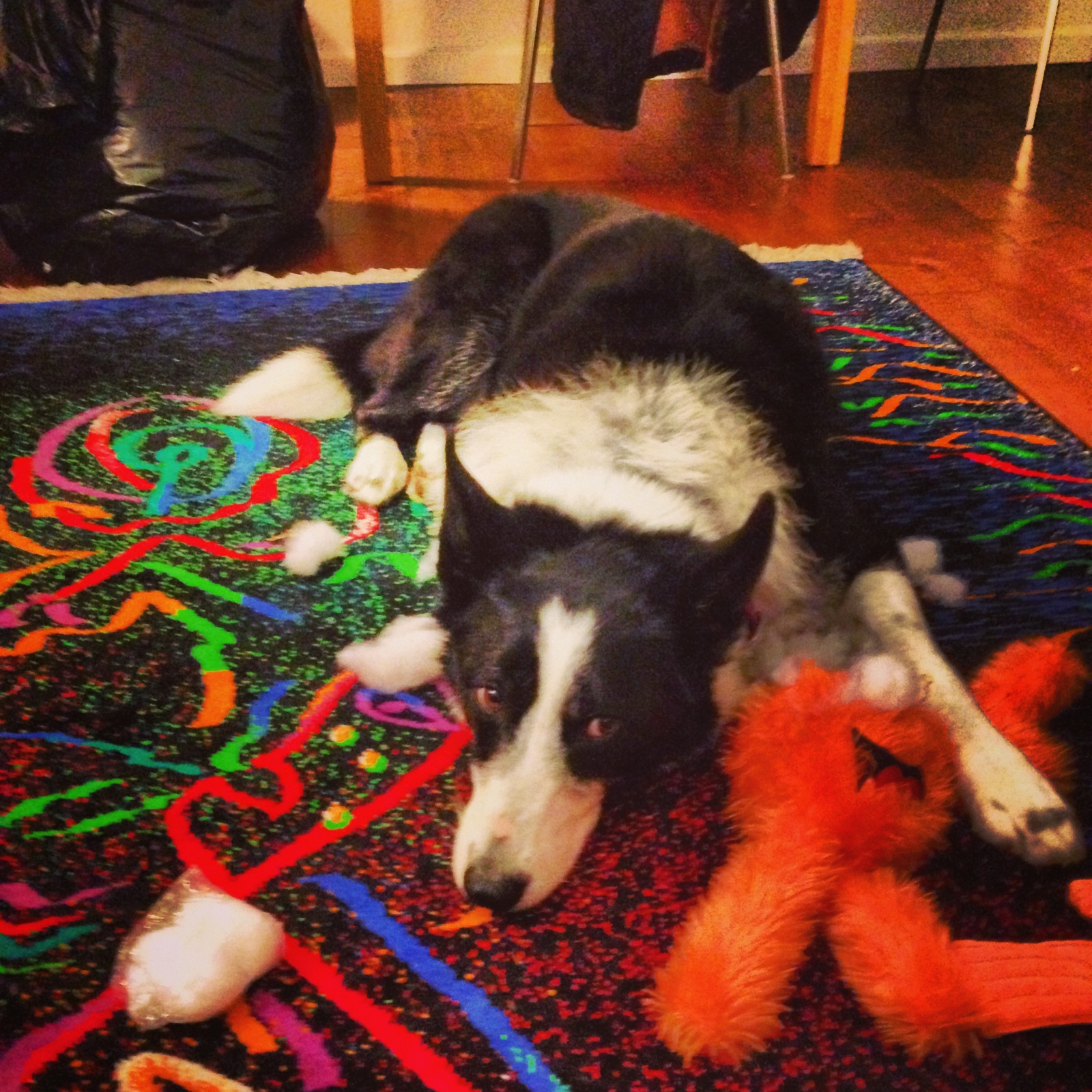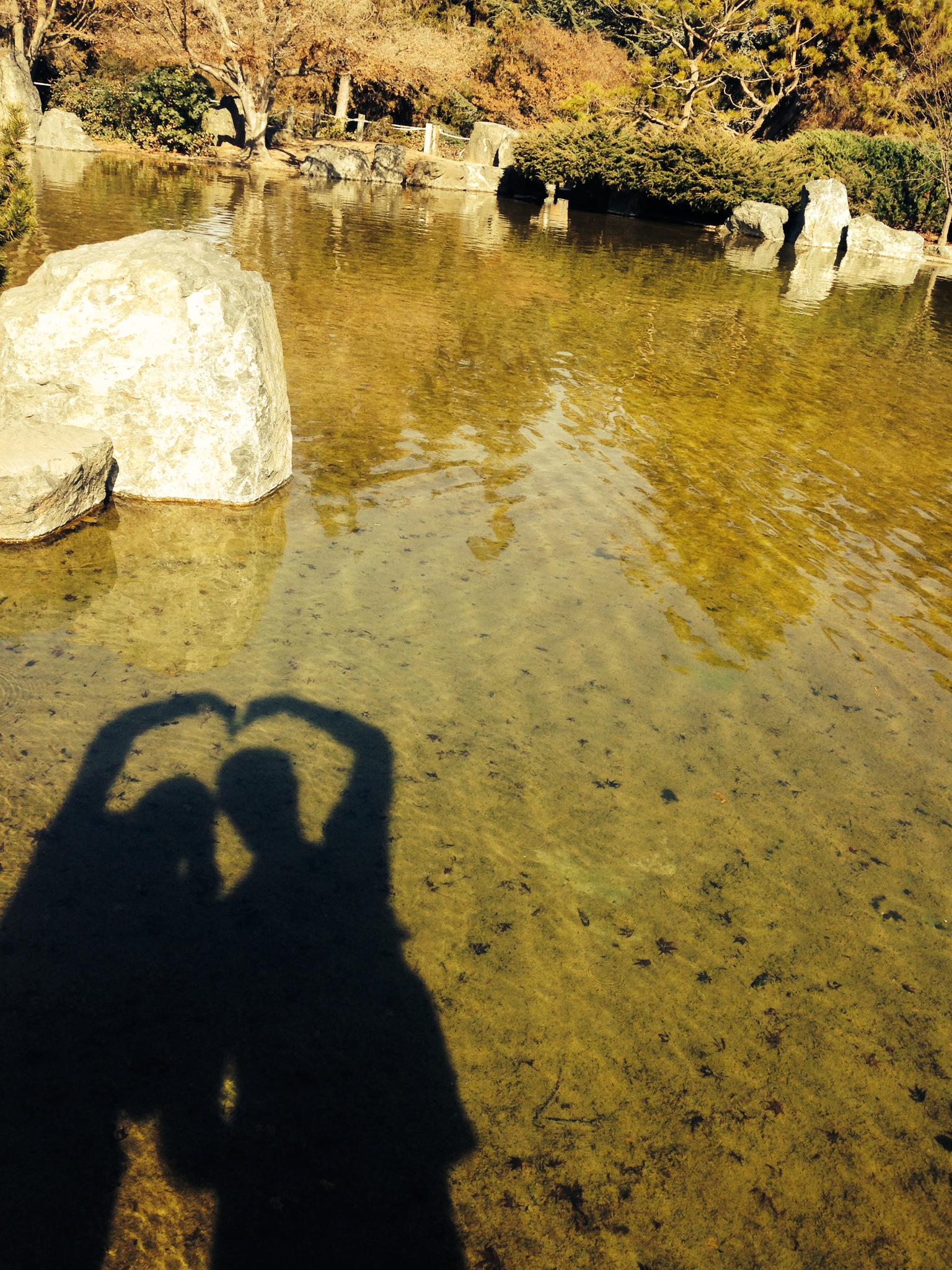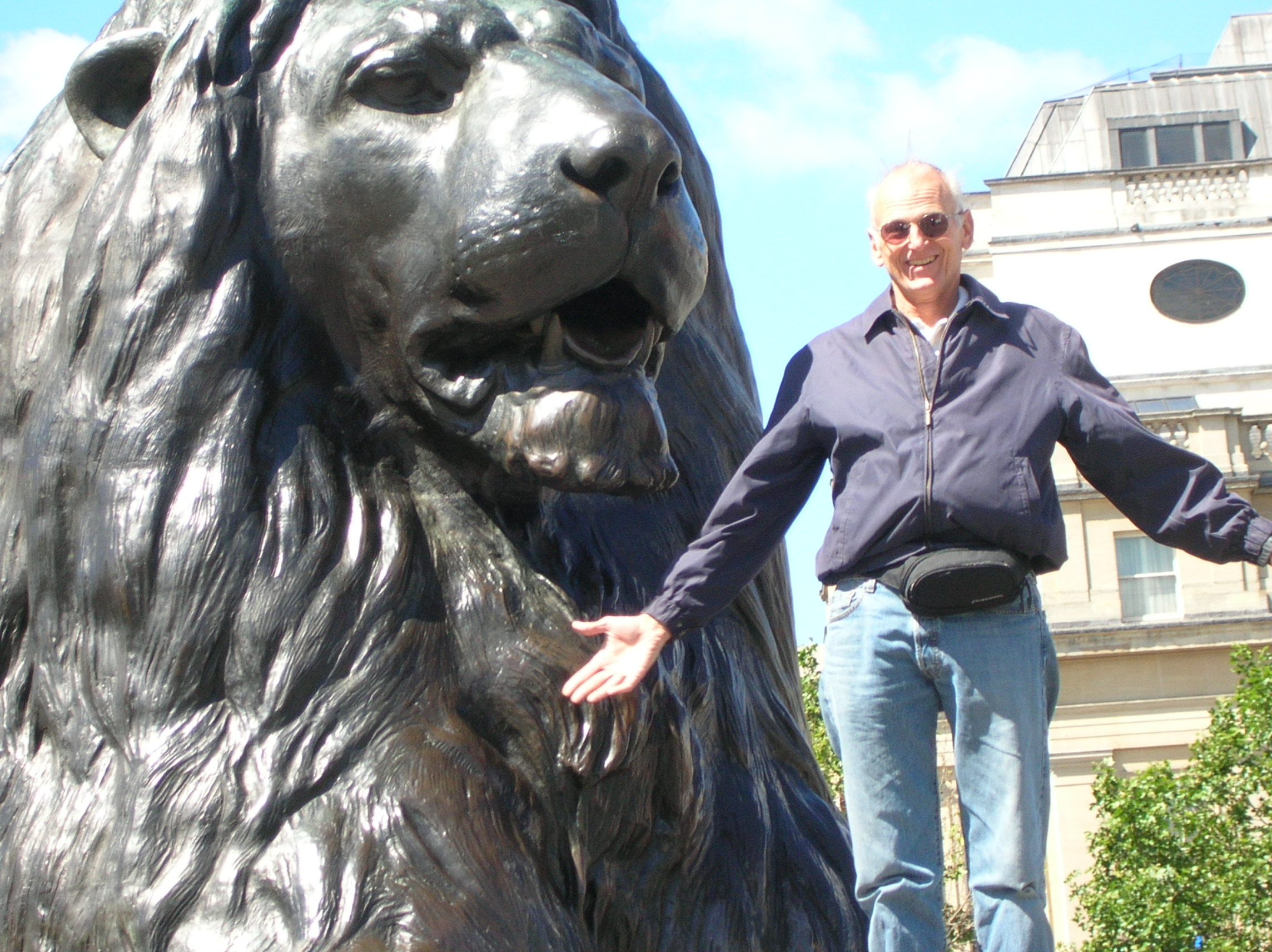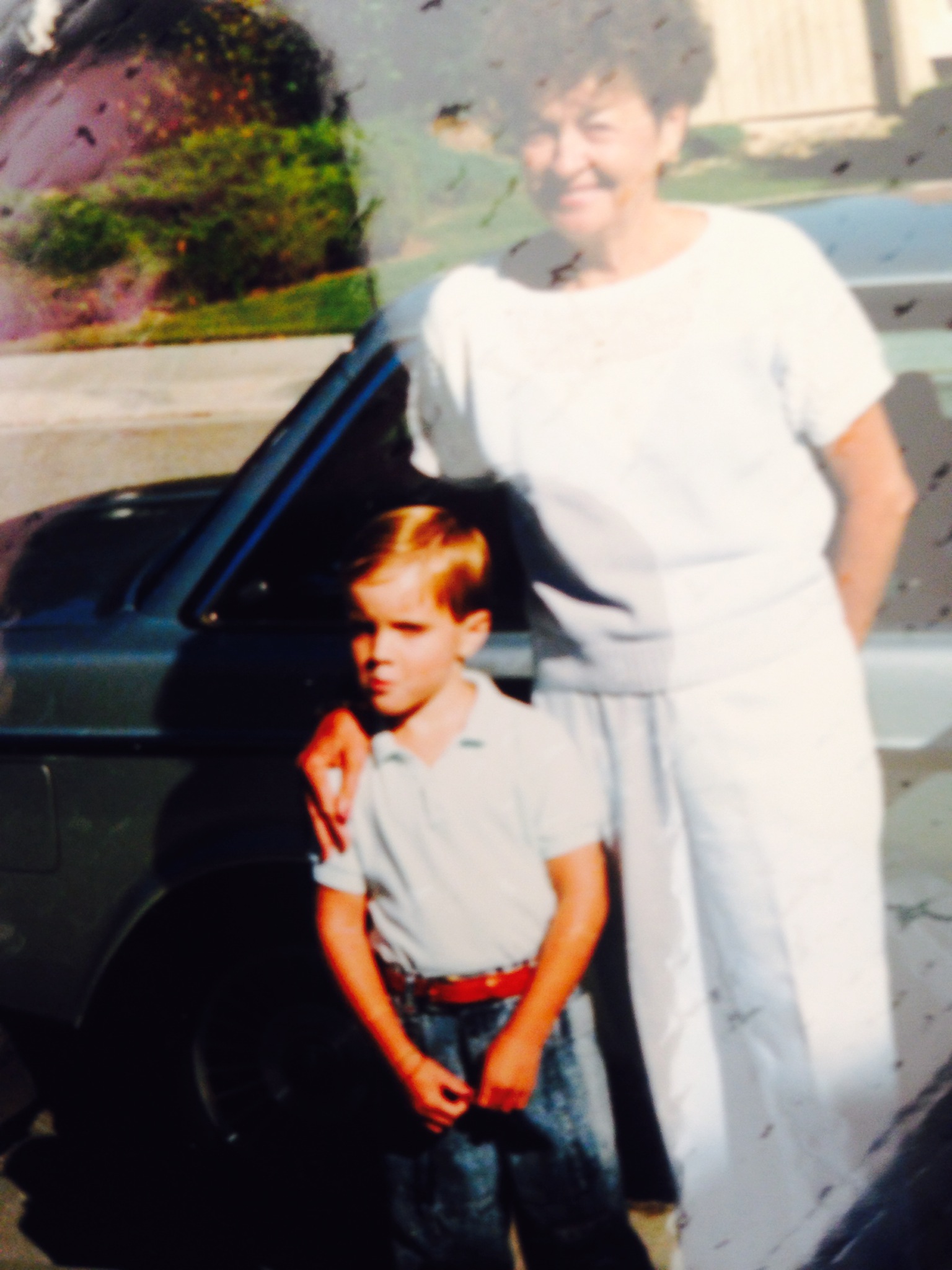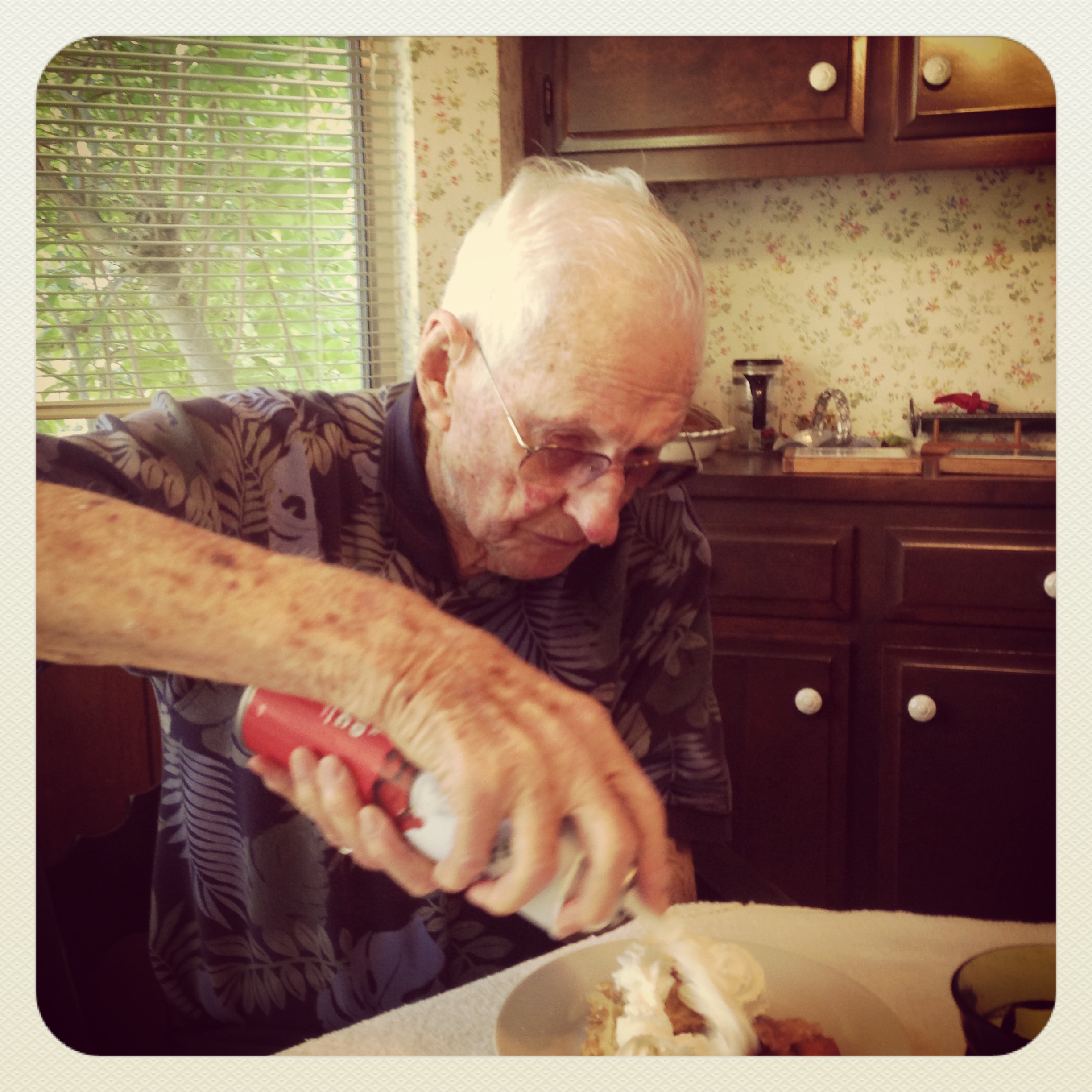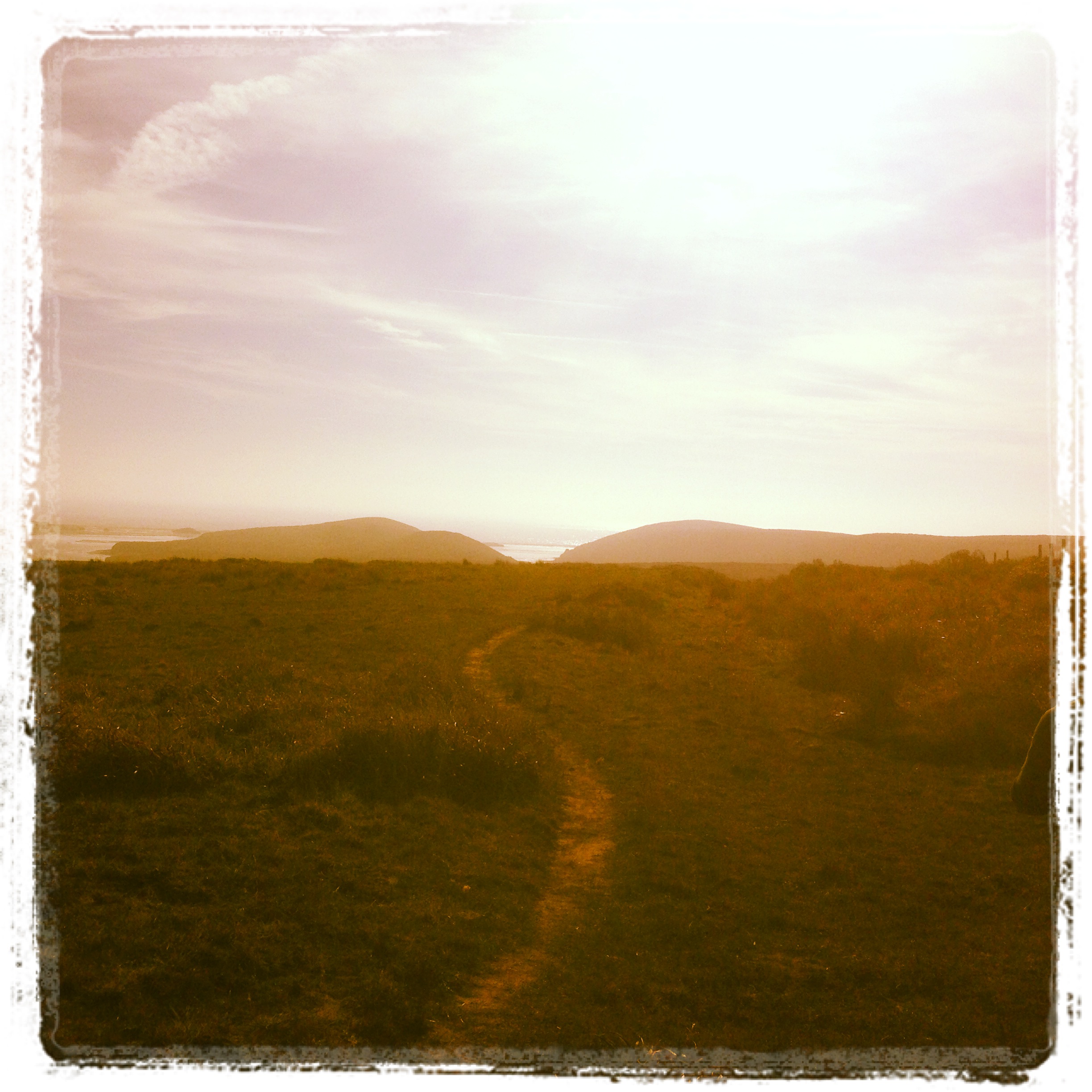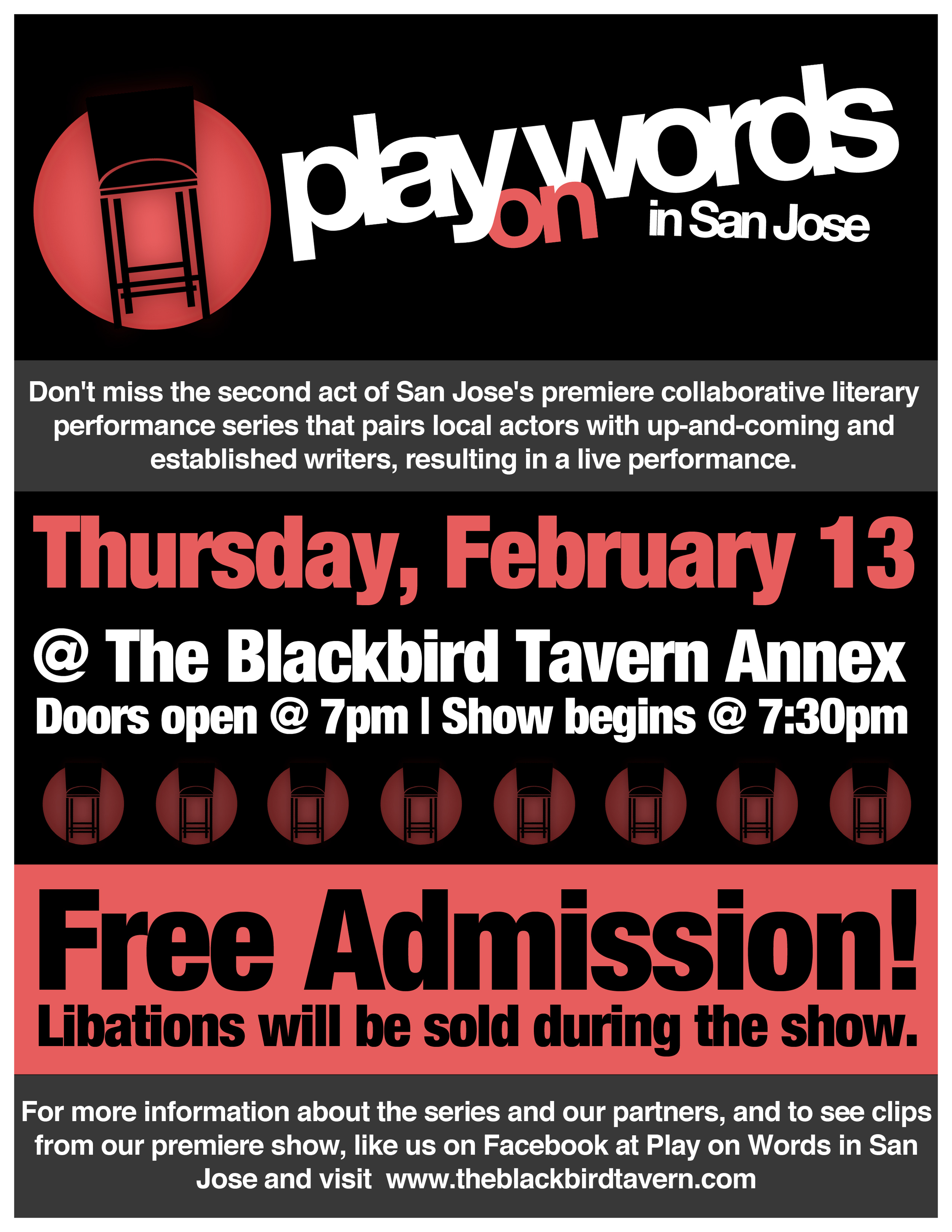It's Monday. Shit's feeling real, especially in the news. That's why I'm sharing five more fucking awesome things--people and experiences and movements that I think are actively making the world a more ecstatic and intelligent place. Here goes:
Art Party
Emma Watson and the HeForShe campaign:
We all knew that Hermione was the brains behind Harry and Ron, right? Emma Watson, the young British actress that took on the famous role for most of her adolescence, has been appointed the UN Women Goodwill Ambassador, and as such, delivered a dynamite speech on what it means to be a feminist in 2014--and why it's time to involve young men and women in the solidarity movement for gender equality.
Anne and Mark's Art Party
The Art Party is an enormous event dedicated to art of all kinds at the Santa Clara County Fairgrounds in San Jose. The main exhibition is a huge warehouse full of visual art--paintings, sculpture, performance art and music--though there are multiple outdoor tents, bars, food trucks, and a separate building known as the Spoken Word room. We attended the opening gala on Saturday and were lucky to catch the Flash Fiction Forum, as well as readings by local poets and journalists. There was a film series, a cupcake truck, and art cars decked out like ladybugs. In other words: proof that the art world is alive and thriving in Silicon Valley.
- Emma Sulkowicz and "Carry That Weight"
Emma is a senior at Columbia University, where she tried twice to report an incident of sexual assault to campus, and once to the local police--to no avail. In an effort to shed light on the weight and impact of sexual violence, she has transformed this crime against her into a performance art piece by carrying a standard-issue dorm mattress around campus with her, everywhere she goes. As the weeks pass, she has elaborated on the "rules of engagement," which state that she is not allowed to ask for help, but she can accept help when it is offered. I can only imagine the effect that this has on a small liberal-arts campus in the middle of New York City; here, men and women are forced to witness as a young woman takes on a heavy burden. I have been following this story and am increasingly impressed with this artist's perseverance--both to herself and to a growing global movement. Go Emma.
- Alison Bechdel, 2014 MacArthur Genius
So if you've never read Fun Home, you really need to. I loved Bechdel's comic Dykes to Watch Out For for years before I discovered her memoir, which is beautifully illustrated. Movie lovers might recognize the "Bechdel test," three criteria named by one of her cartoon characters that determine a film's real depth. Namely: does the film have at least two women in it? Who talk to each other? About something besides a man? Bechdel is 21st-century artist/writer (you might be sensing a theme here) whose work is honest, funny, and relevant.
Ed Damiano and the Bionic Pancreas
Ed Damiano is a biomedical engineer affiliated with Boston University--and he's also the father of a son who lives with type 1 diabetes. Damiano and his team are testing a medical device that is still seeking FDA approval--a "bionic pancreas" that consists of three major operating parts: a glucose sensor, a display monitor and a pump that delivers insulin. The machine tests the diabetic's blood sugar 288 times a day and makes minute adjustments to insulin dosages--attempting to mimic the day-to-day patterns of a functional pancreas. As I write this, I'm wearing a continuous blood glucose monitor and an insulin pump--two parts to this equation--but what Damiano hopes to achieve, before his son goes to college in 2017, is a device that is able to detect and treat all the highs and lows that diabetics experience throughout the day. Talk about fucking awesome.











